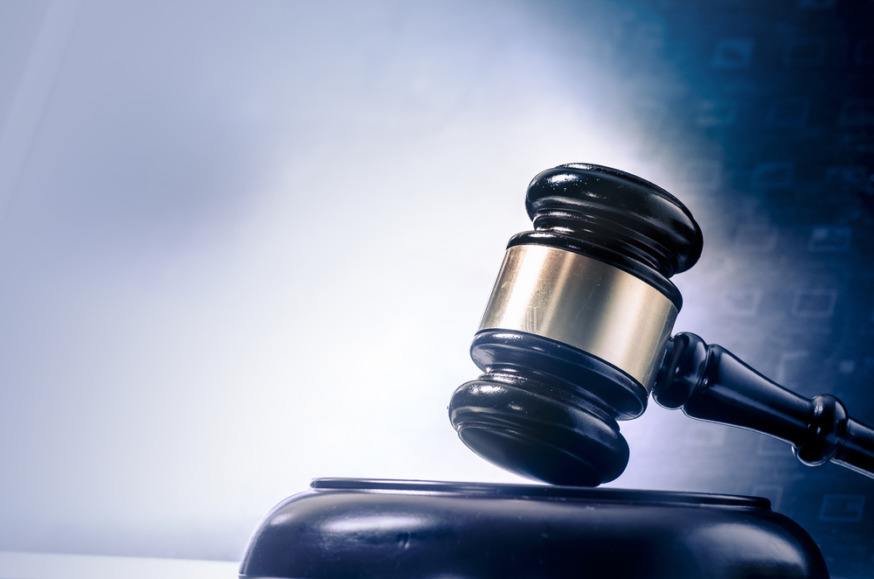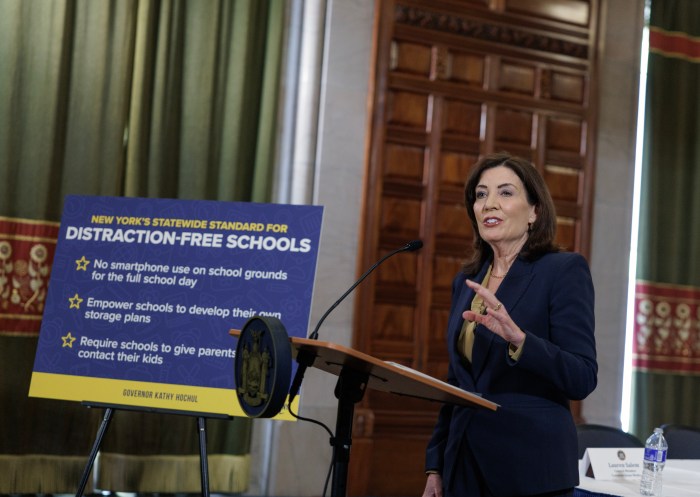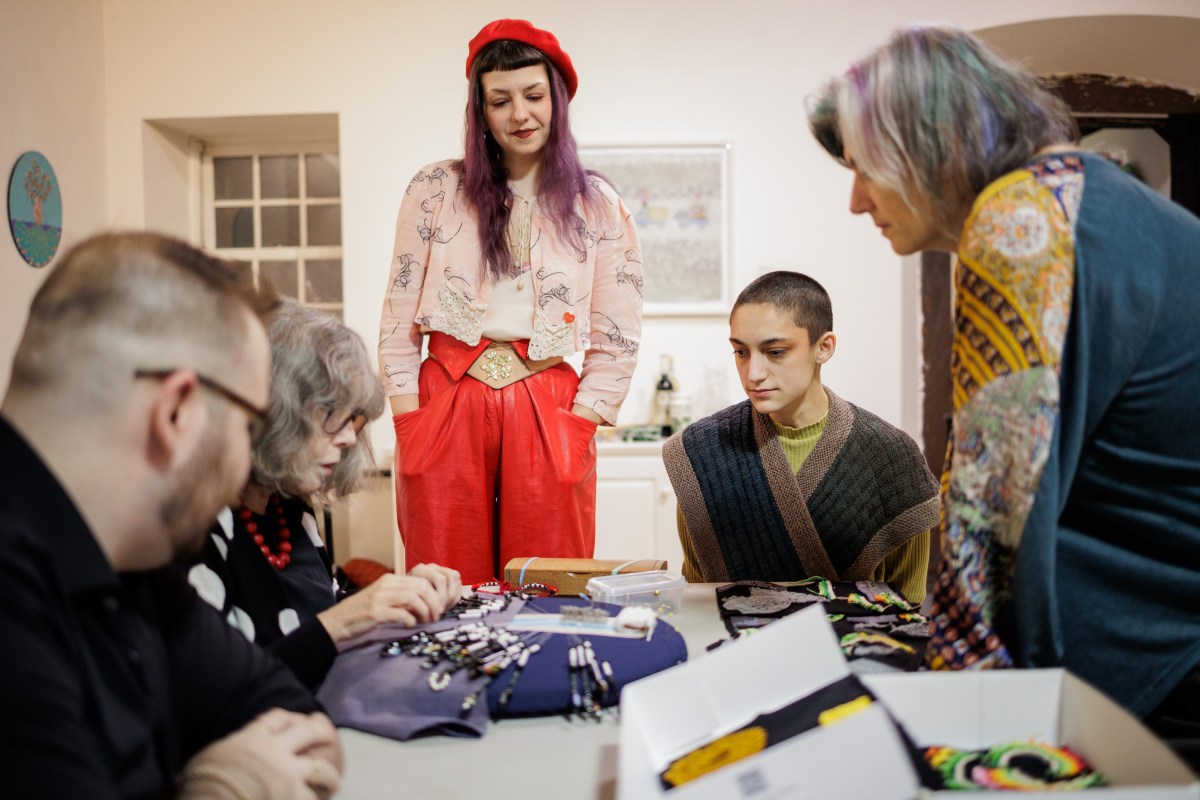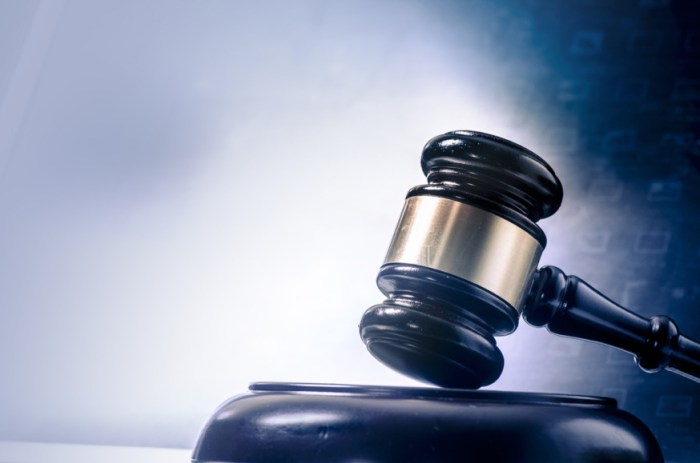The hackers that stole salacious photos of celebrities have exposed holes in digital security that creeps exploit to access information that’s best kept private.
Even though you’re not a celebrity, you can be an easy target of jilted ex-partners, business rivals, or common criminals looking to take advantage of any personal info they can find.
But you’re not defenseless.
Experts gave amNewYork some tips — particularly for vulnerable New Yorkers — to help them from suffering a similar fate as Kate Upton, Jennifer Lawrence and other stars.
Cyber security experts said New Yorkers are particularly at risk to data breaches from the many Wi-Fi networks around us, an on-the-go lifestyle that requires important information to be accessed from multiple devices, and the need to keep a smartphone strapped to us at all times.
“There are definitely unique threats to New Yorkers,” said professor Adam Scott Wandt, assistant professor at John Jay School of Criminal Justice. “As New Yorkers, we don’t have cars so we have to scale down what we take with us. That means we’re probably putting it on a smartphone or laptop.”
Apple in a statement Tuesday confirmed that “certain celebrity accounts were compromised” apparently by guessing user names, passwords and security questions, instead of a breach of its cloud system.
Experts suggested that people change passwords to something stronger that includes symbols and alternating cases, as well as software that can create unique codes and are controlled with a master password.
“I work in digital media so I should [change my password] but I don’t,” said Joe Coppolo, a 28-year-old social media director in Manhattan.
Jesus Romano, 25,, said he tries to avoid needlessly handing out information online, such as signing up for website listservs or deals.
“Just make sure you connect to the things that are absolutely necessary,” Romano said. “Just keep it basic, keep it necessary.”
While that can deter those looking for an easy way to access accounts, another tip is to be wary of Wi-Fi.
“Using Wi-Fi at Starbucks without using any additional security is a horrible idea,” Wandt said. “Using public open networks puts you and your information at risk because it’s able to be intercepted by third parties.”
He recommends turning off a smartphone’s Wi-Fi service until a person is sure they can use a secure network.
Cloud computing-storing files so that they can be seamlessly accessed from a smartphone, website, or home computer-have also created new security concerns.
“People are very happy knowing that they have all this extra room, but not once they stop to think, in what part of the world is this information sitting in,” said John Otero, a former NYPD computer crime squad commanding officer and managing partner at BCS Blackstorm, a cybersecurity firm.
Another safeguard is learning to live without modern Internet conveniences, such as apps that access contacts and location or staying logged into a program.
“The more connections you have, the greater vulnerability you have,” said Dr. Marie-Helen Maras, an associate professor at John Jay. “We don’t realize that everything we do for convenience comes at a cost for security.”
But should someone see their intimate photos spread around the Internet, New York did recently tighten the law around unlawful surveillance by passing a “revenge porn” law set to go into effect this November.
Queens Assemblyman David Weprin, a co-sponsor of the bill, said the law gives prosecutors more power to go after that type of behavior.
“I’d love to see it expanded beyond that as well, basically, to any type of confidential information,” he said, “that could be damaging if it was illegally obtained in an unauthorized fashion and distributed.”
(With Jane Gayduk)


































